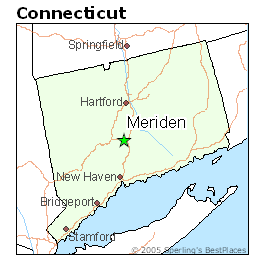19 October 2014
30th Sunday in Ordinary Time
“My wrath will flare up, and I will kill you with the sword.”
Did our loving, life-affirming God just utter those words?

Such references to violence and vengeance often turn people away from exploring the Old Testament. In fact, it is uncommon for the Church to use passages such as the above in its sacred liturgy. Even in the New Testament we see God striking sinners dead! (Read Acts 5.) How can there be any place for violence and vengeance in the Bible?
To understand, we first have to consider that Israel’s belief in one God (monotheism) developed over a loooong period of time. In its earliest history, the people who would become the nation of Israel imagined God as one of
many gods. These gods were understood in very human terms, with human characteristics and behaviors reflecting the worldview of the time. From this perspective, it was important that Israel's God be strong enough to be able to take care of Israel. Perception is everything, and no one would follow a "wimpy" God--what was the point of a god, they thought, except to protect his or her people?
So early on, the Lord God of Israel was understood primarily as a “warrior” who went before Israel in battle. But as time went on, Israel came to understand that God's life-affirming role went beyond protecting God's people against their enemies. In particular, Israel's experience of exile enabled the nation to see God as the very fabric of their lives and of their hearts, the “creator” God whose love for them was expressed in many different ways.
And even today God's power is an important part of our understanding of
who God is. Even as the ancient worldview of "many" gods moved aside for
Israel's fierce monotheism, God's role as a warrior for
the defenseless and upright continued (check out Exodus 22:20-23 and any of the prophetic writings--Isaiah, Ezekiel, Jeremiah, and so on).
Israel, like us, had to mature spiritually in an understanding of God. It is all part of the spiritual process that reveals a caring, merciful and just God to whom we draw closer each day in knowledge and love.
We really don't
know our God if we don't know the contours of our relationship with God, from the beginning. The Catholic Biblical School can help with that!
The author, Ms. Barbara Gawle, leads Bible studies at her parish, Incarnation Church of Wethersfield, CT. She is a CBS graduate and the 2012 recipient of the Biblical School's highest award, the Lawrence Boadt Memorial Medal.
 We in the Hartford Catholic Biblical School pray for one another every day. This week we ask prayers especially for two members of the CBS Class of 2015: Stephen and Linda Ward. Steve will be having heart valve surgery on Wednesday, November 5.
We in the Hartford Catholic Biblical School pray for one another every day. This week we ask prayers especially for two members of the CBS Class of 2015: Stephen and Linda Ward. Steve will be having heart valve surgery on Wednesday, November 5.























